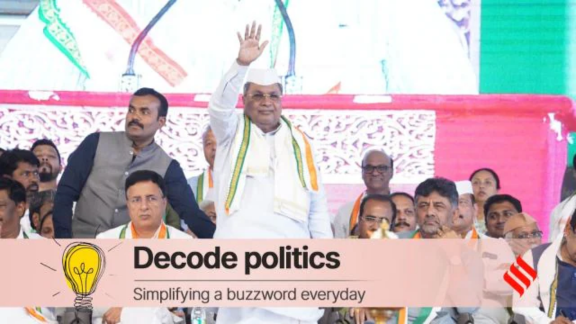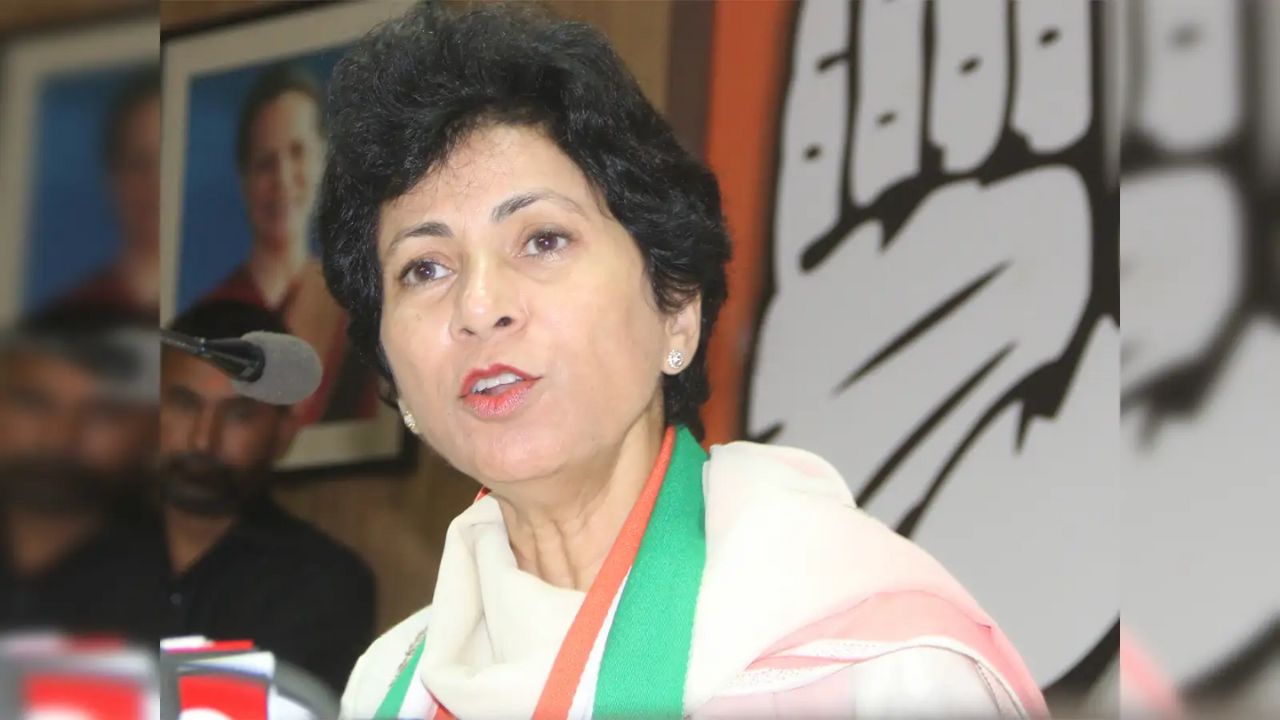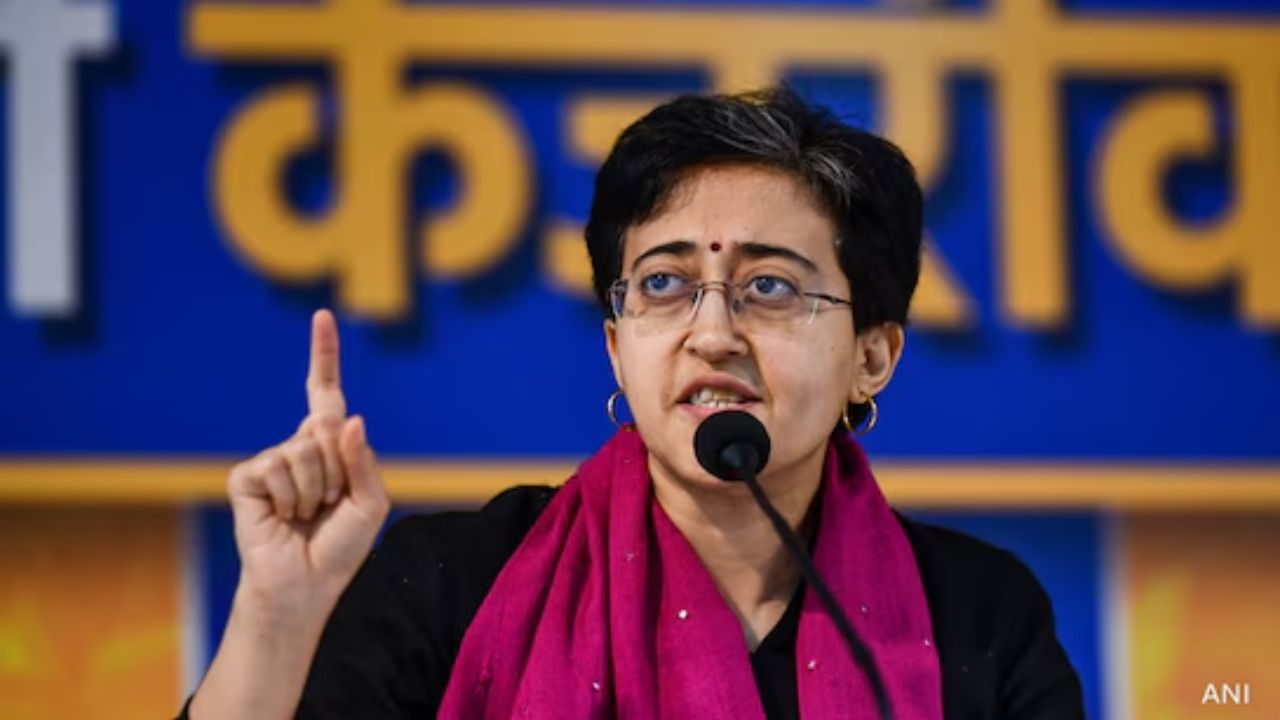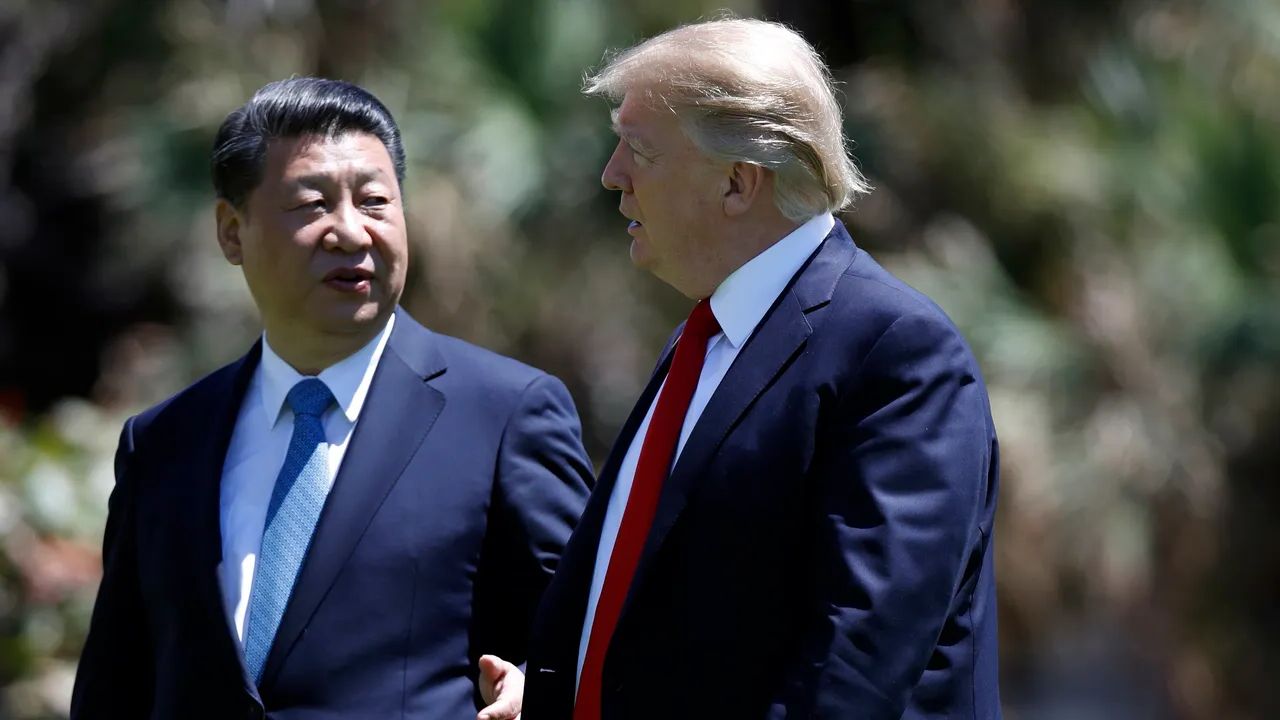Decode Politics: Two Key Events and Why the Karnataka Government is Celebrating Their Centenary
In his Independence Day address on Thursday, Karnataka Chief Minister Siddaramaiah announced that the state government will commemorate the centenaries of two significant events: the Belagavi session of the Indian National Congress and the establishment

In his Independence Day address on Thursday, Karnataka Chief Minister Siddaramaiah announced that the state government will commemorate the centenaries of two significant events: the Belagavi session of the Indian National Congress and the establishment of the Bahishkrit Hitkarini Sabha by B.R. Ambedkar.
Reflecting on the significance of the year 2024, Siddaramaiah noted, “When we look back at the freedom movement, this year holds immense importance. The historic Belagavi session of the Indian National Congress held in 1924 marks its 100th anniversary, as does the establishment of the Bahishkrit Hitakarini Sabha by Dr. B.R. Ambedkar.”
The Significance of the 1924 Belgaum Session
The Belgaum session of 1924 is notable for being the only Congress session presided over by Mahatma Gandhi as the party’s president. During this session, Gandhi outlined his ideas on non-violence, Hindu-Muslim unity, and Swaraj (self-rule).
At the session, Gandhi emphasized non-violence, stating that although the non-cooperation movement had to be called off after the Chauri Chaura incident, non-violence remained the most effective path forward. He linked the goals of Hindu-Muslim unity and the fight against untouchability directly to the attainment of Swaraj, underscoring the necessity of removing untouchability for India to achieve self-rule.
Gandhi also suggested that the final court of appeals should be in Delhi rather than London and advocated for Hindustani to be the official language for provincial governments, legislatures, and courts. In his concluding remarks, Gandhi reiterated his belief in the power of satyagraha (non-violent resistance), calling it an inherent right of every individual.
The Bahishkrit Hitakarini Sabha
The Bahishkrit Hitakarini Sabha, founded by B.R. Ambedkar in 1924, was established to promote the welfare of the ostracized and marginalized communities, particularly the Dalits. As documented by sociologist Gail Omvedt, Ambedkar returned to India from London in 1923 and soon after founded this organization, which became a platform for mobilizing and organizing Dalit communities.
The Sabha adopted the slogan “Educate, Agitate, Organize,” which continues to resonate as a rallying cry for Dalit movements in India. Ambedkar quickly became a central figure for Dalit aspirations, offering a voice to those who faced discrimination and atrocities.
One of the Sabha’s significant actions was its involvement in the Mahad Satyagraha of 1927, where thousands of Dalits gathered to assert their right to access public resources, notably by drinking water from the Chavdar Lake in Mahad. This event became a pivotal moment in Dalit history, symbolizing the struggle for equality and civil rights.




